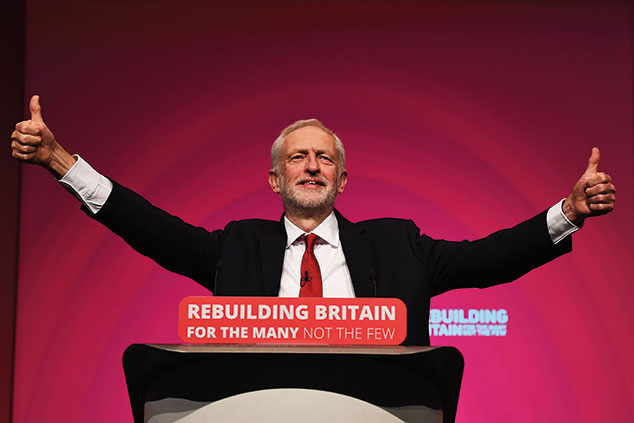
But as well as looking at the policies on the table, you might also look at the reaction to them. Business may be a bit bothered by the whole thing, but overall the response has been, as John Stepek points out in our podcast this week (listen to it here), remarkably uncritical. Why? Smith suggests a couple of possibilities but the most convincing is time – much of the population has no memory of a UK in which workers and corporations are in constant conflict, or one in which the state controls telecommunications, rail, water and energy. They therefore have very little idea of “how bad it often was”.
The Tories may come up with an excellent defence of capitalism next week, something for which the nation’s net tax payers would be hugely grateful – let’s not forget that the top 10% of UK income-tax payers now pay nearly 60% of all income tax, up from under 55% in 2007-2008. But on current form we rather doubt it. It seems then that, barring us developing a time machine and taking everyone under 50 back to the 1970s for a reminder of the miseries of this kind of thing, there is a strong possibility the UK is soon to have to relearn an awful lot of painful lessons about how incentives actually work.
One group who do have some awareness of the possible troubles ahead are our property roundtable panelists. You will see on reading our roundtable that politics looms large: pretty much everyone is convinced that there is a land-value tax, or at least a wealth tax on the way – something to think about if you are on the verge buying an expensive house (there are some very nice ones in this week’s magazine for those interested in paying up for a private ice rink or golf simulator, by the way).
That risk aside, the roundtable covers everything you need to know about the residential housing market in the UK today. Will house prices rise from here? Is a slow and painless decline in real (that is, after-inflation) prices really possible? Does the end of the funding for lending scheme mean mortgage rates are going to rise? Just how bad for all of us (housebuilding company executives aside) has the bonkers Help to Buy policy really been? And finally, now that prices are down 20% or so in real terms from their bubble highs, is it time to start buying in London? The short answers to these questions are: probably not, hopefully, yes, very, and maybe. For the long answers, see our cover story.